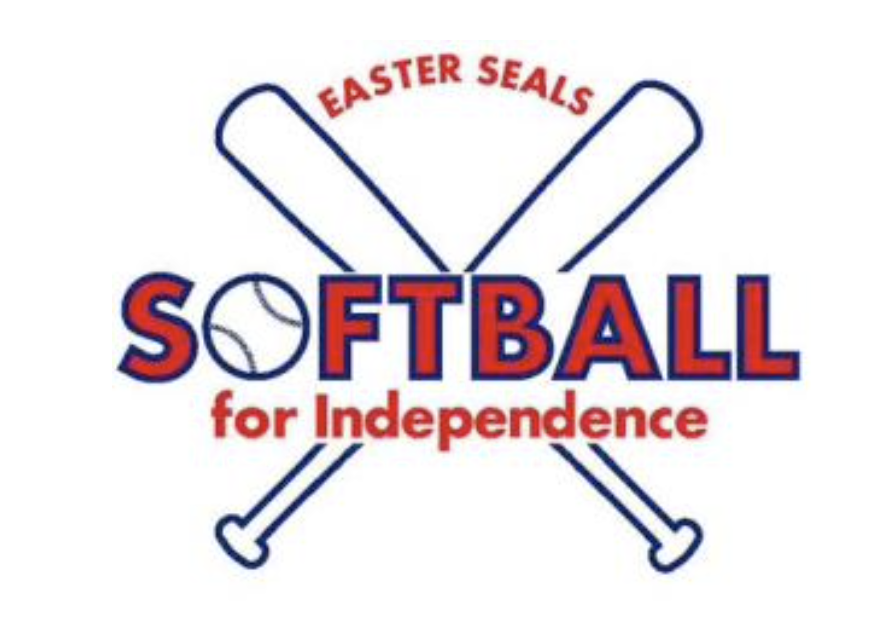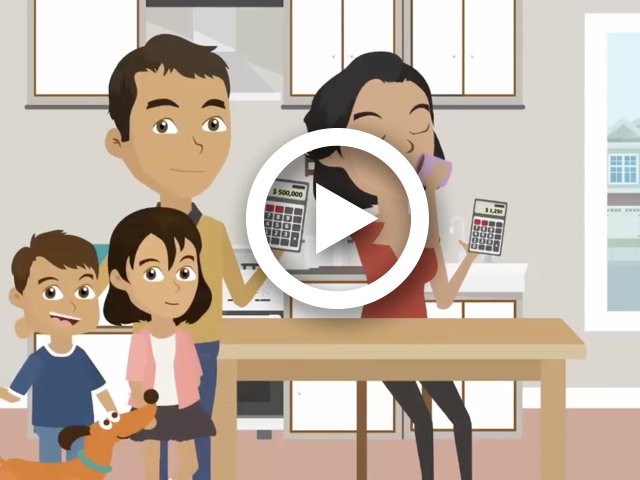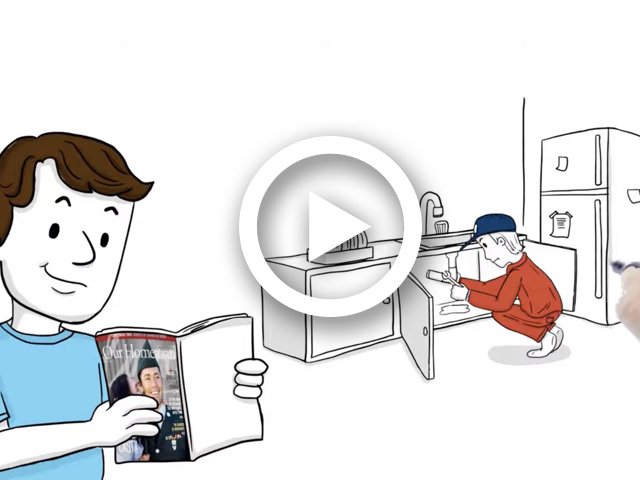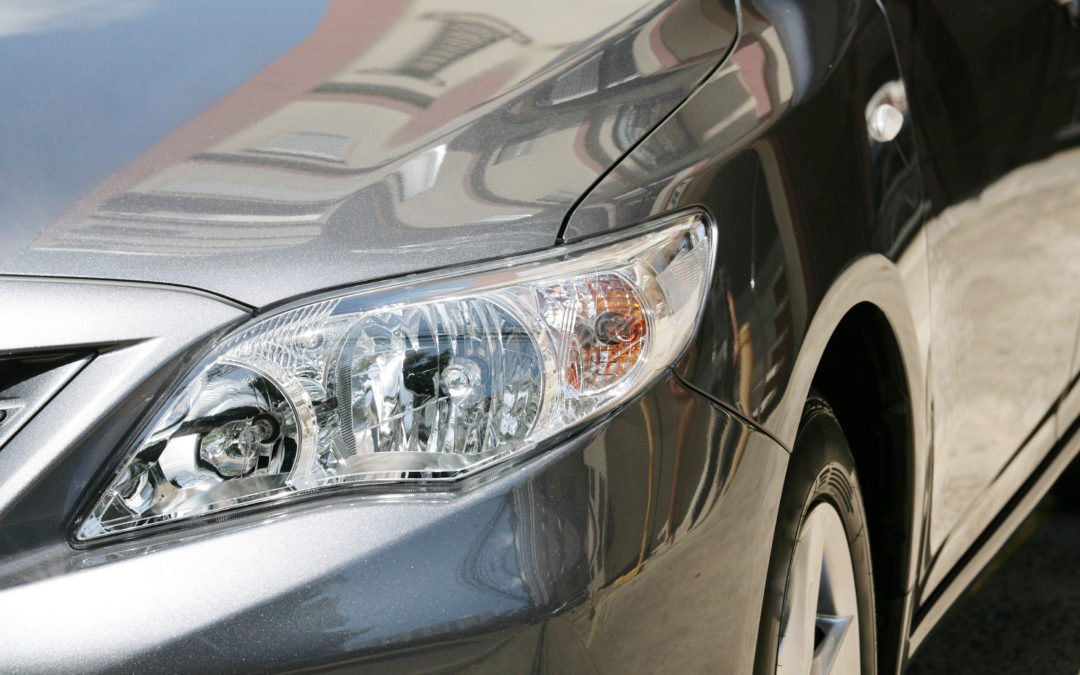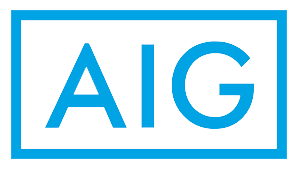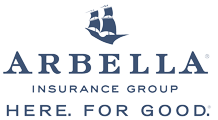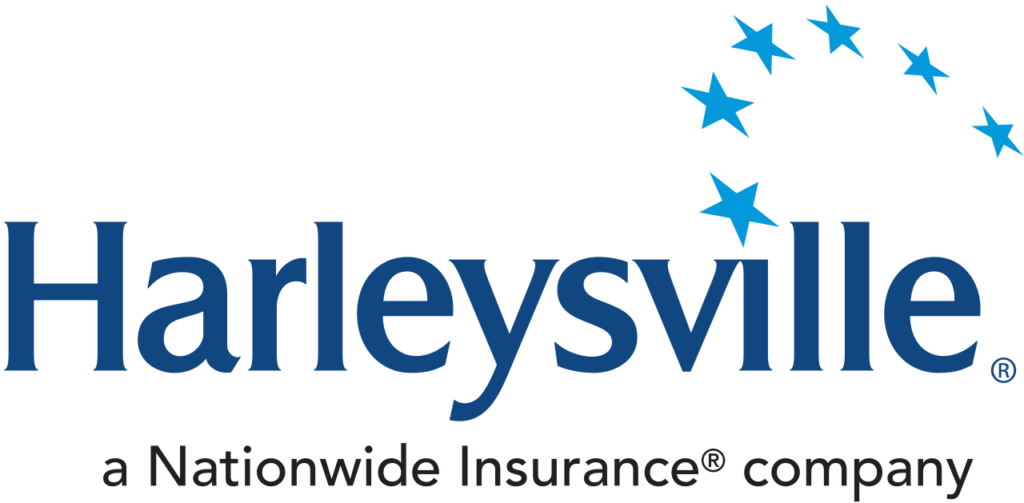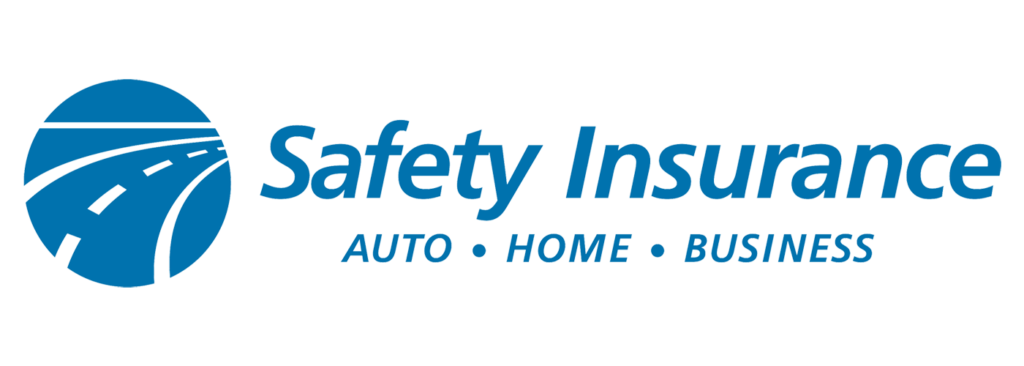Photo Credit: Alison Howard Van Keuren – Mattapoisett Harbor on August 4, 2020
2020 has been an unpredictable year for us all. From COVID-19 to opening up the economy, preparing for back to school, and just staying safe, these have been trying times. 2020 has also brought predictions of a very active hurricane season. New England was already hit with Tropical Storm Isaias at the beginning of August and more storms could be on the way.
All of us here at Paul and Dixon want to provide guidance to protect yourself and your loved ones. Due to COVID-19, give yourself more time than usual to prepare your emergency food, water, and medicine supplies and follow all the COVID safety guidelines; wear a mask, social distance and wash your hands frequently.
According to FEMA, at a minimum, you should have these basic supplies:
- Water: one gallon per person, per day (3-day supply for evacuation, 2-week supply for home).
- Food: non-perishable, easy-to-prepare items (3-day supply for evacuation, 2-week supply for home).
- Battery-powered or hand-crank radio (NOAA Weather Radio, if possible).
- Extra batteries.
- First aid kit.
- Matches in a waterproof container.
- Medications (7-day supply) and medical items.
- Multi-purpose tool, like a Swiss Army knife.
- Sanitation and personal hygiene items for all family members.
- Copies of personal documents (medication list and pertinent medical information, proof of address, deed/lease to home, passports, birth certificates, insurance policies).
- Cell phone with charger.
- Family and emergency contact information.
- Extra cash (ATMs might be inoperable).
- Extra fuel for generator and car.
- Whistle (to signal for help).
- Extra face masks for the entire family.
- Plastic sheeting and duct tape (to shelter in place).
- Moist towelettes, garbage bags and plastic ties (for personal sanitation).
- Wrench or pliers (to turn off utilities)
- Manual can opener (for food)
Depending on your family’s requirements, you may need to include: medical-care items, baby supplies, pet supplies and other things, such as extra car and house keys.
Since you may not know where you might be when a hurricane hits, have a kit available in the home and the car.
Pay attention to local guidance about updated plans for evacuations and shelters, including shelters for your pets.
When you check on neighbors and friends, be sure to follow social distancing recommendations (staying at least 6 feet from others) and other CDC recommendations to protect yourself and others.
Prepare to evacuate
- Find out if your local public shelter is open, in case you need to evacuate your home and go there. Your shelter location may be different this year due to the COVID-19 pandemic.
- If you need to go to a disaster shelter, follow CDC recommendations for staying safe and healthy in a public disaster shelter during the COVID-19 pandemic.
- Follow guidance from your local public health or emergency management officials on when and where to shelter.
- Make a plan and prepare a disaster kit for your pets. Find out if your disaster shelter will accept pets. Typically, when shelters accommodate pets, the pets are housed in a separate area from people.
- Follow safety precautions when using transportation to evacuate. If you have to travel away from your community to evacuate, follow safety precautions for travelers to protect yourself and others from COVID-19.
Staying with friends or family
If you will be staying with friends or family outside your household to evacuate from the storm:
- Talk to the people you plan to stay with about how you can all best protect yourselves from COVID-19.
- Consider if either of your households has someone who is at higher risk of developing severe illness from COVID-19, including older adults or people of any age who have underlying medical conditions. Make sure everyone knows what they can do to keep them safe from COVID-19.
- Follow everyday preventive actions, including covering coughs and sneezes, washing your hands often, and avoiding touching your eyes, nose, and mouth with unwashed hands. Consider taking extra precautions for people living in close quarters.
- Know what to do if someone in your family or in the household you are staying with becomes sick with COVID-19.
Stay safe after a hurricane
In addition to following guidance for staying safe and healthy after a hurricane, note that:
- You should continue to follow preventive actions to protect yourself and others from COVID-19, like washing your hands and wearing a mask during cleanup or when returning home.
- It may take longer than usual to restore power and water if they are out. Take steps to prevent carbon monoxide poisoning if you use a generator.
- If you are injured or ill, contact your medical provider for treatment recommendations. Keep wounds clean to prevent infection. Remember, accessing medical care may be more difficult than usual during the pandemic.
- Dealing with disasters can cause stress and strong emotions, particularly during the COVID-19 pandemic. It is natural to feel anxiety, grief, and worry. Coping with these feelings and getting help when you need it will help you, your family, and your community recovers.
Protect your property
Protect your home by ensuring that all outside items are secured or put away so they do not fly around and cause possible injury to anyone. If you have a boat, motorcycle or RV, make sure they are secured and that you have adequate insurance on all of these items too.


